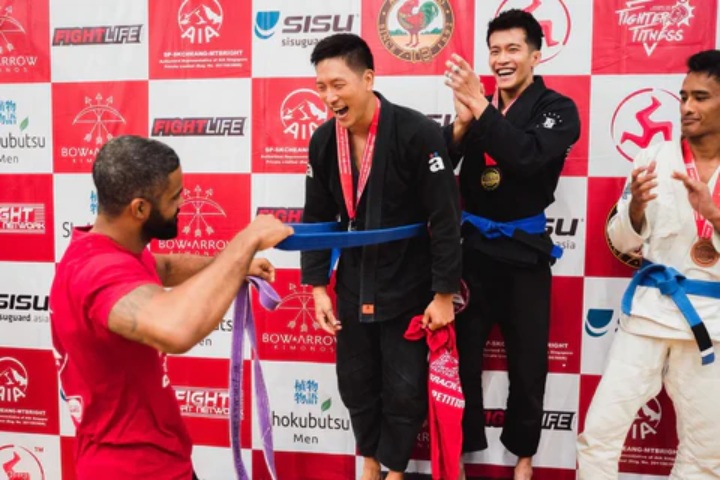In the realm of Jiu Jitsu, the pinnacle of recognition is often marked by the acquisition of a new belt, signifying the completion of a stage and readiness for the next. The traditional sequence of belts for adults—white, blue, purple, brown, and black—demands not only technical proficiency but also adherence to behavioral standards, results, and a prescribed minimum length of stay. While each academy and instructor has their unique criteria for promotions, a controversial trend has emerged, tying graduation to competition success. This raises the question: Is this practice right or wrong?
Exploring Graduation Methods
Before delving into the debate, understanding prevalent graduation methods within Jiu Jitsu is essential. Three common approaches include time-based promotions, belt exams, and a performance-based system, each with its strengths and drawbacks.
Time-based Promotions
Strengths:
Accommodates less competitive practitioners who consistently attend training.
Provides a “neutral” grading criterion.
Negative Points:
May result in unprepared athletes advancing solely based on time spent, risking frustration and dropout.
Belt Exam
Strengths:
Encourages commitment and dedication, promoting the acquisition of technical skills.
Requires practitioners to demonstrate knowledge and proficiency in Jiu Jitsu.
Negative Points:
May lead to mechanization, with athletes memorizing techniques rather than applying them in real fighting situations.
Deserving
Strengths:
Acknowledges achievements in training and competitions.
Evaluates students based on demonstrated talents and performance.
Negative Points:
May disadvantage those who do not compete or struggle with anxiety and fear in competitions.
The Controversial Graduation Model
The graduation model tying promotion to competition success has sparked considerable controversy within the Jiu Jitsu community. While it values athletes’ achievements, concerns arise about whether competition success should be the sole determinant of readiness for a new belt.
The True Essence of Jiu Jitsu
Jiu Jitsu, especially at the black belt level, demands more than a strong competitive game. True practitioners embody values such as humility, discipline, and respect. While competition success is commendable, it should not overshadow the broader objectives of personal growth and character development.
The Universal Criterion
While the chosen promotion model may conform to established rules, the teacher holds the responsibility for guiding students on their Jiu Jitsu journey. Success in the sport requires focus, commitment, and dedication. However, the universal criterion for any degree remains technical knowledge, emphasizing the continual pursuit of improvement.
Ultimately, the debate surrounding promotion methods in Jiu Jitsu reflects the nuanced nature of the sport. Balancing competition achievements with the foundational values of Jiu-Jitsu requires discernment from both instructors and practitioners. Success in Jiu Jitsu is not solely measured by medals but by the development of individuals as both athletes and people.



















